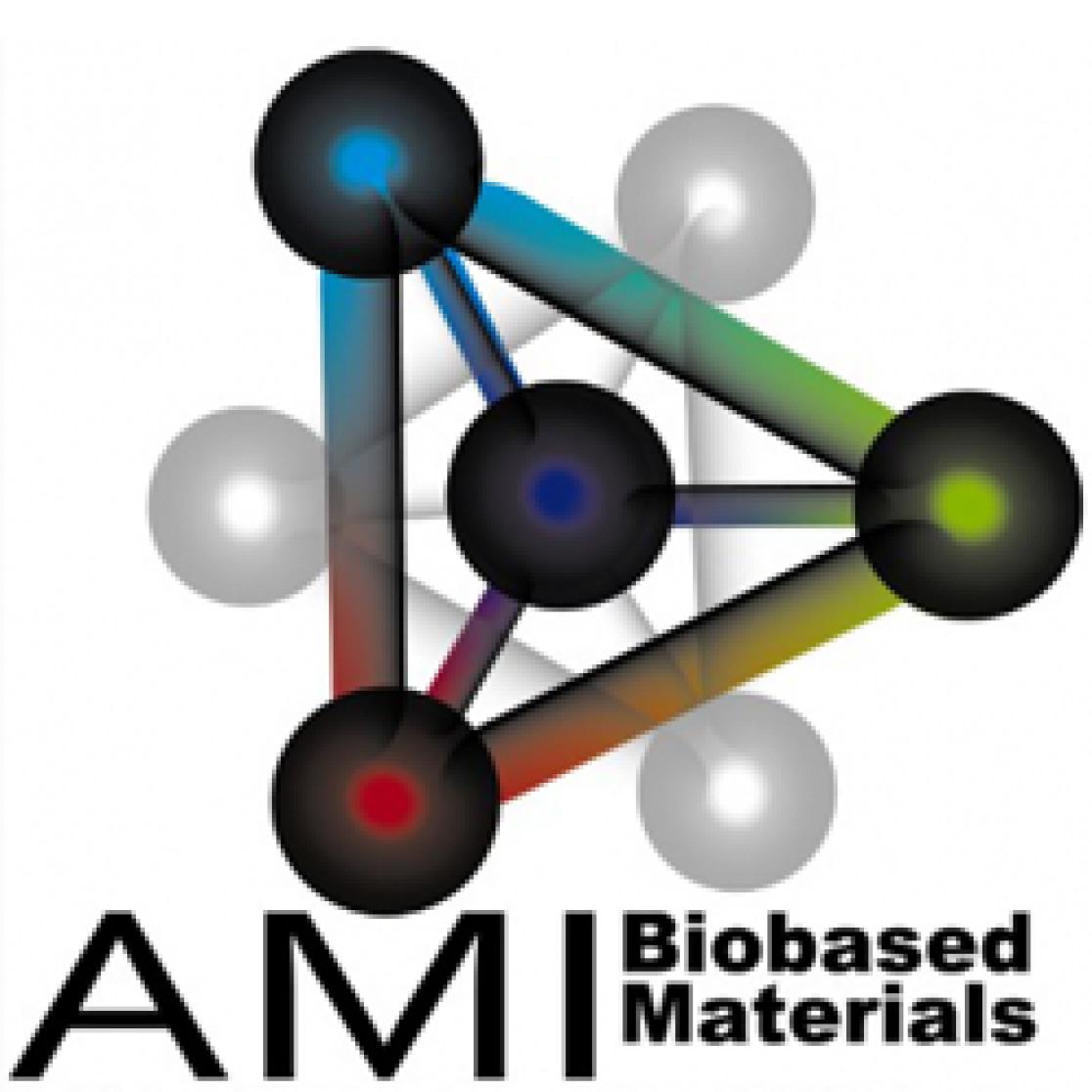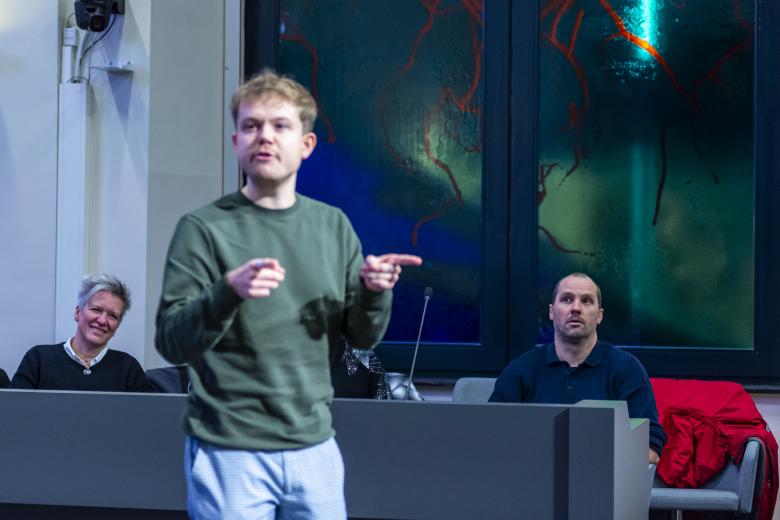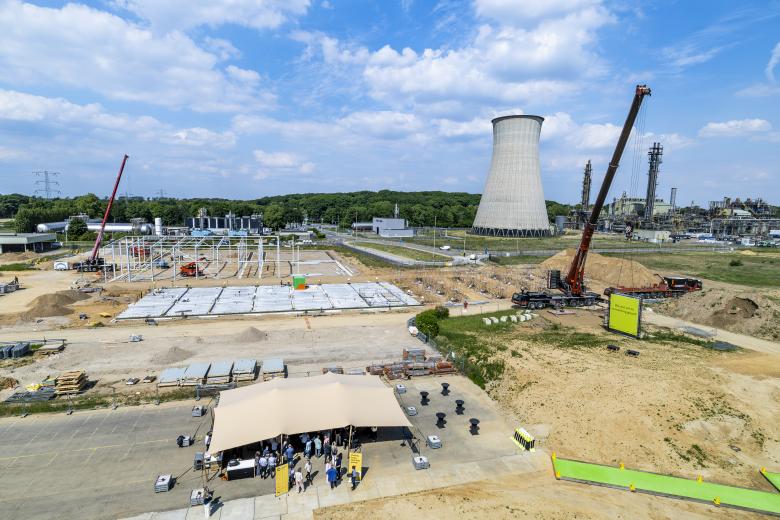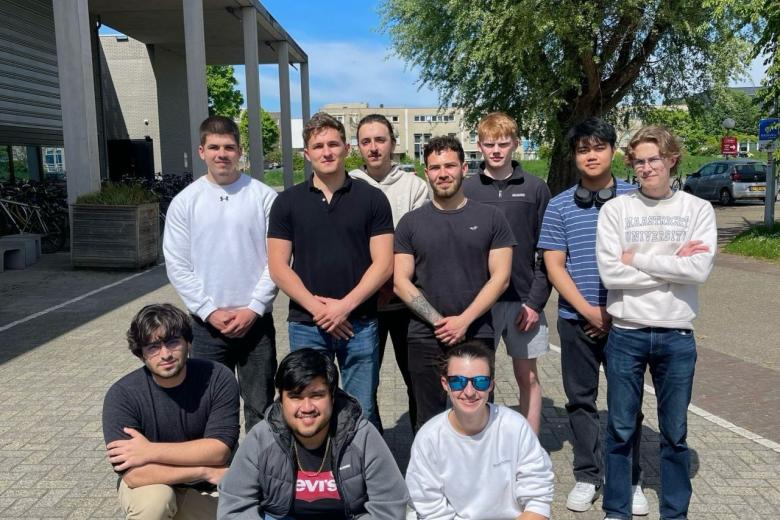Sustainable cellulose nano-fibers reinforce materials
Joining forces, Sappi and Maastricht University develop a novel environmentally friendly manufacturing technology for plastics with advanced functionality. The technology relies on the versatility of water to optimally disperse cellulose nano-fibers, the smallest structural building blocks of cellulose, in Nylons. Analysis of the developed knowledge, processes and products offers Sappi a sustainable market position and economic prosperity.
The versatility of wood as construction material has been credited for thousands of years; even during – as well as beyond – the fossil era. The properties of wood originate from a complex hierarchical structure, in which primary building blocks not only possess functionalities as ensemble but also individually.
Researchers involved:
- Jules Harings (AMIBM)
- Wim Ballet (Sappi)
- Sanjay Rastogi (AMIBM)
About AMIBM
AMIBM is a cross-border cooperation between Maastricht University, RWTH Aachen and Fraunhofer IME. AMIBM’s vision is to provide the missing link between fundamental and applied research and the market in the field of biobased materials. It aims to do this by changing the relationship between the production of biobased materials and the value chain.
The goal is to achieve this by developing an integrated, interdisciplinary research program. The program focusses on new strategies to produce advanced biobased materials in a sustainable and economical way. It also emphasizes the development of these novel materials into innovative products with high added value for technical and medical applications.

Relevant links
Also read
-
More than another ‘to-do’: how the UTQ helped me rethink my teaching
At Maastricht University, the University Teaching Qualification (UTQ) is a professional development programme designed to strengthen teaching and learning. It supports teachers in developing core teaching competencies through a combination of workshops, peer learning, on-the-job experience, and...

-
Brightlands Circular Space focuses on integrated approach to entire plastic value chain
Construction has officially started today in Limburg of Brightlands Circular Space, a demonstration facility that accelerates the transition to circular plastics.

-
MaaSec – The Netherlands' Only Active ACM Student Chapter captures the flag
In January, a group of Computer Science students at Maastricht University launched MaaSec, currently the only active ACM student chapter in the Netherlands. And in just a few months, they've already made a name for themselves; especially in the world of Capture the Flag (CTF) competitions.
